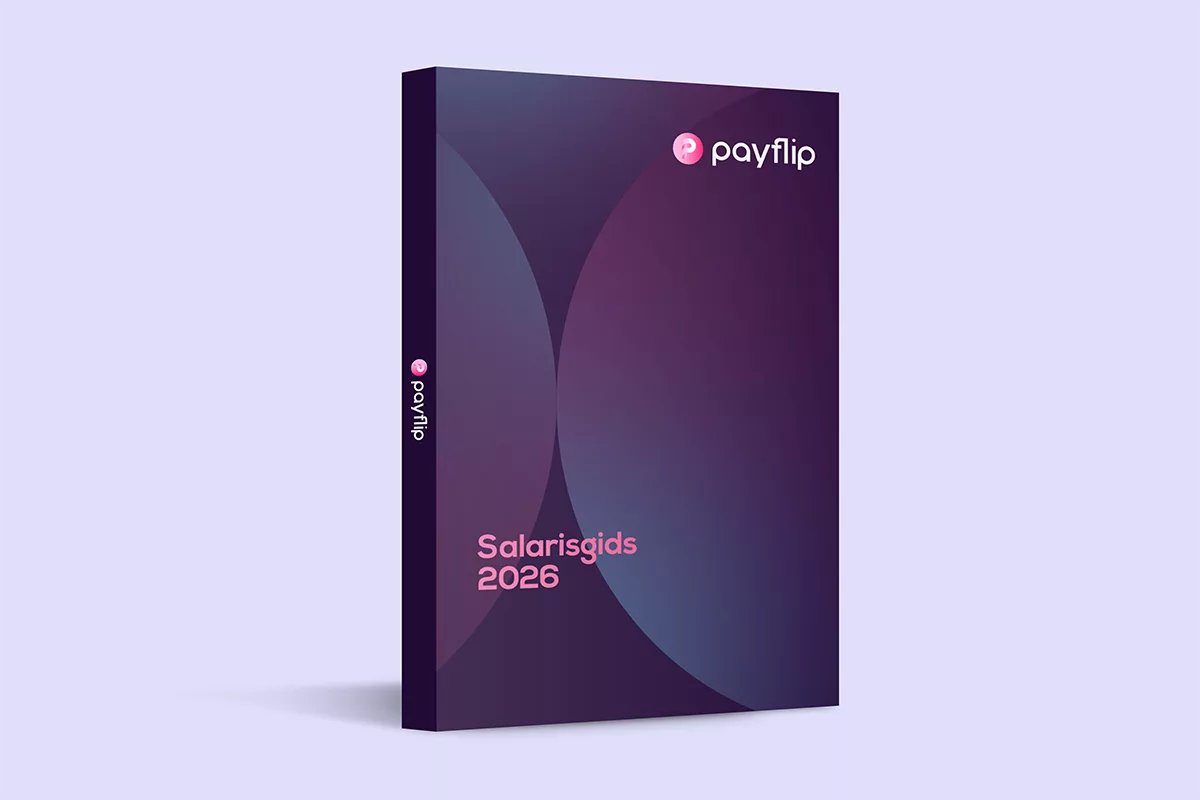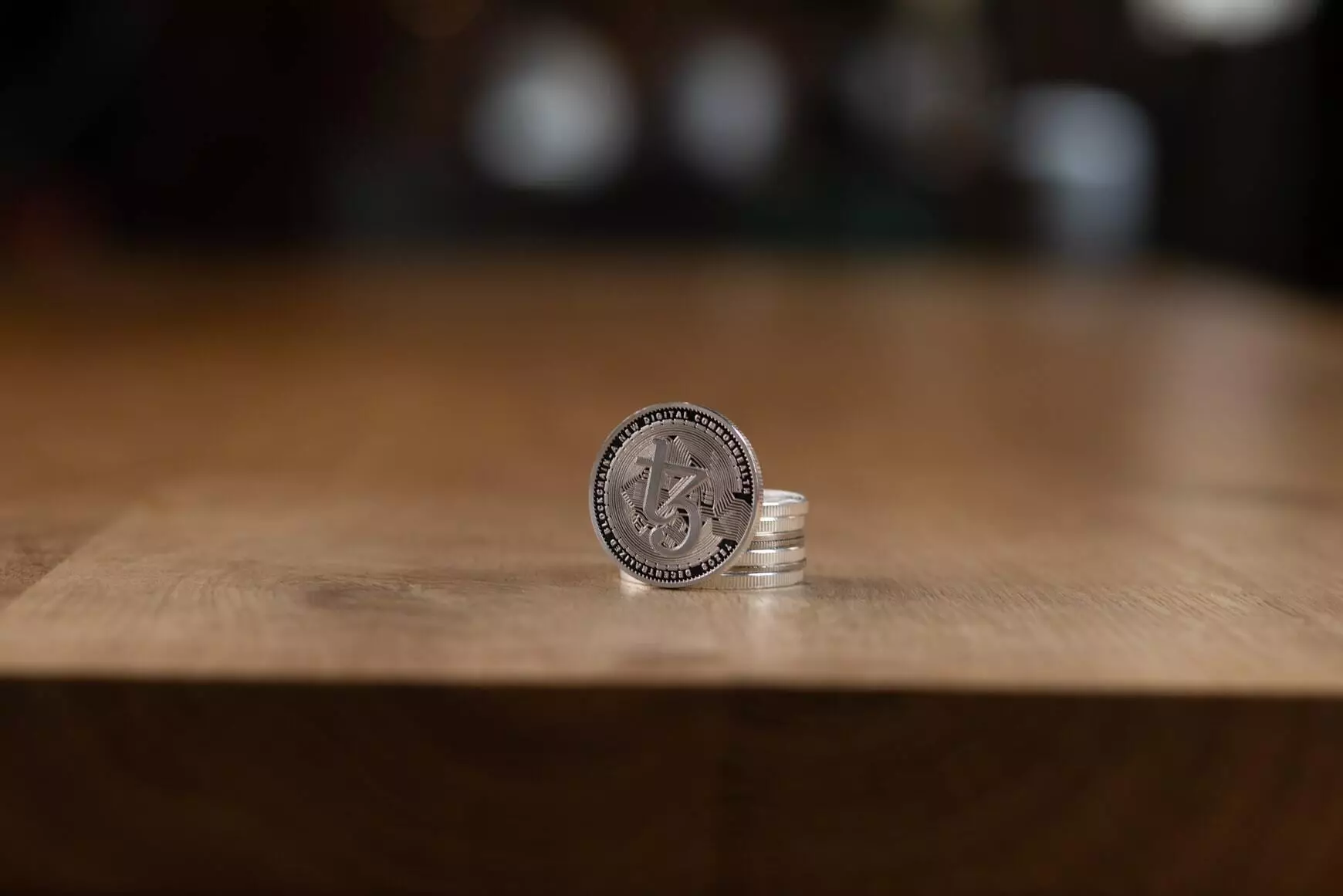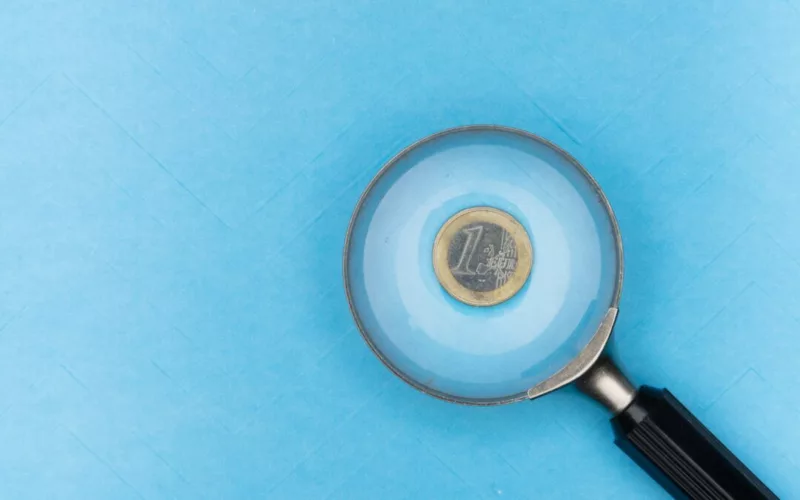The end-of-year bonus, also called thirteenth month, is a 'little extra' (= extra pay) that the employer pays to the employee in cash.
Is everyone entitled to an end-of-year bonus?
The end-of-year bonus is not required by law. The end-of-year bonus or thirteenth month is regulated at sector or company level and not at national level.
It therefore happens that employees in a certain sector or company are not entitled to an end-of-year bonus.
Do you want to know whether you are entitled to an end-of-year bonus? Then take a quick look at your individual employment contract or the collective labour agreement that applies to your sector or company.
For example, the largest joint committee in our country, the PC200, which represents approximately 500,000 white-collar workers, provides for the compulsory payment of an end-of-year bonus or thirteenth month for all white-collar workers who fall under the PC200.
Usually, joint labour committees attach an additional condition to the payment of the end-of-year bonus, such as seniority of at least six months within the company at the time of payment of the end-of-year bonus. This is for instance the case under the PC200.
Do you hear the thunder in Cologne when it comes to joint committees? In this blog about joint committees and cafeteria plans, we give you a crash course in what exactly a joint committee is!

When is the end-of-year bonus paid?
The payment of the end-of-year bonus usually coincides with the payment of the salary for the month of December, unless agreed otherwise at company level. Hence, the end-of-year bonus is often called thirteenth (13th) month, referring to the payment of an additional monthly salary.





